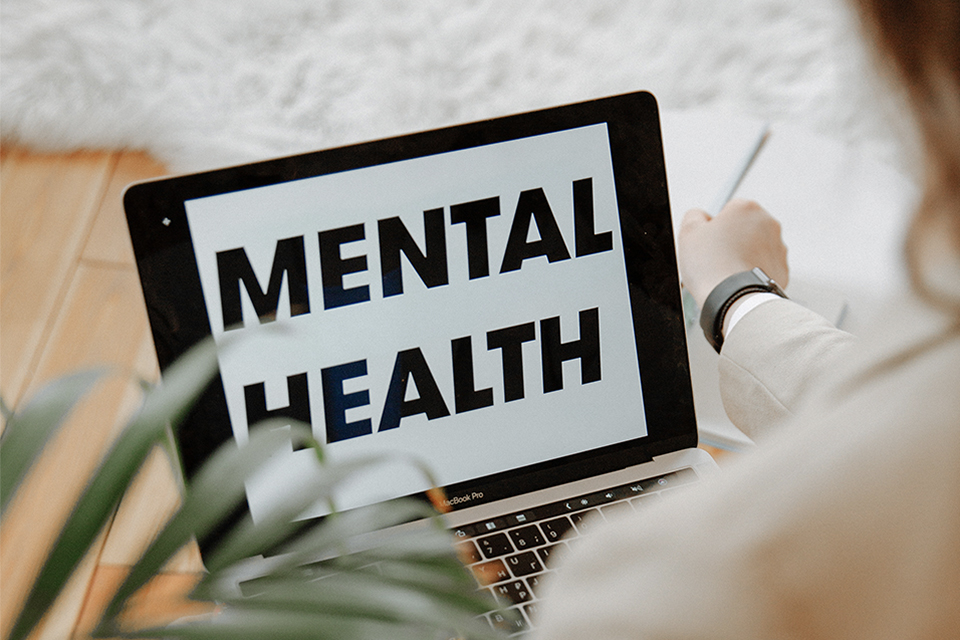Fewer than four in 10 UK firms (39%) believe their employee mental health support is fit for modern-day purposes.
That’s according to research conducted by Aon, compiled from views of 100 UK firms alongside more than 700 global firms, identifies the resilience of organisational workforces, assessed against 10 key resilience attributes set out by the World Health Organisation.
By answering a series of questions, employers are able to assess their current wellbeing strategy and how successful it is at creating a resilient workforce. In addition to analysing mental health support, it also reveals organisations’ views of whether they are developing staff financial security, embracing inclusivity, fostering adaptable skills, protecting physical health and delivering clarity and purpose.
The resulting aggregated data shows that UK firms assessed themselves least favourably in ‘developing financial security for employees’ with just 37% of firms managing this positively. Nineteen percent felt their firm was failing in this area, with another 44% reporting their practices are neutral.
Additionally, 28% of firms don’t believe they ‘support mental health in a way that fits the modern day’, while 33% took a neutral view on their practices in this area.
On a more positive note, more than half of UK firms stated they are ‘positively embracing inclusivity’ (58%), ‘delivering clarity and purpose for their employees’ (67%) and ‘operating a compassionate and engaging community’ (65%).
Mark Witte, head of health and risk consulting, Health Solutions UK at Aon, said: “Resilience is the ability to cope with life’s challenges and bounce back from trauma, threats or stress. But while organisations are trying to bounce back from COVID-19, the question is whether UK employers are overly focused on where their people will work and failing to consider if they are resilient enough to actually do the work.
“The results of the self-assessment survey show that UK businesses are struggling to balance short- and long-term priorities. While many are working out details of a return to the office, people engagement is not faring as well. Mental health support is a key example; though firms are providing mental health resources, the survey reveals that managers are not confident in addressing mental health issues, their tool kits are not targeting underlying health risks, their communication campaigns aren’t effective enough and leadership don’t have the metrics to track change.”
According to Aon’s Rising Resilient research, which surveyed 2,500 employees across five European countries in 2020, just 30% of employees are resilient. The research showed that non-resilient workforces are less enthusiastic, less satisfied, less confident and less motivated.
Witte explained: “Employers can take several measures to improve employee resilience, but the first should be to articulate a strategy by setting realistic goals and finding meaningful metrics that show value on investment.
“It’s important to base a strategy on your people – listen to their needs and use data to plan effective processes moving forward. Though mental and financial health are the most common problems across organisations, issues will vary between businesses. Analysing relevant data and listening to employees will help identify and respond to gaps in resilience.”
The Aon workforce resilience survey can be taken here by firms wishing to understand whether their workforce is likely to be resilient and to understand key areas for improvement.















